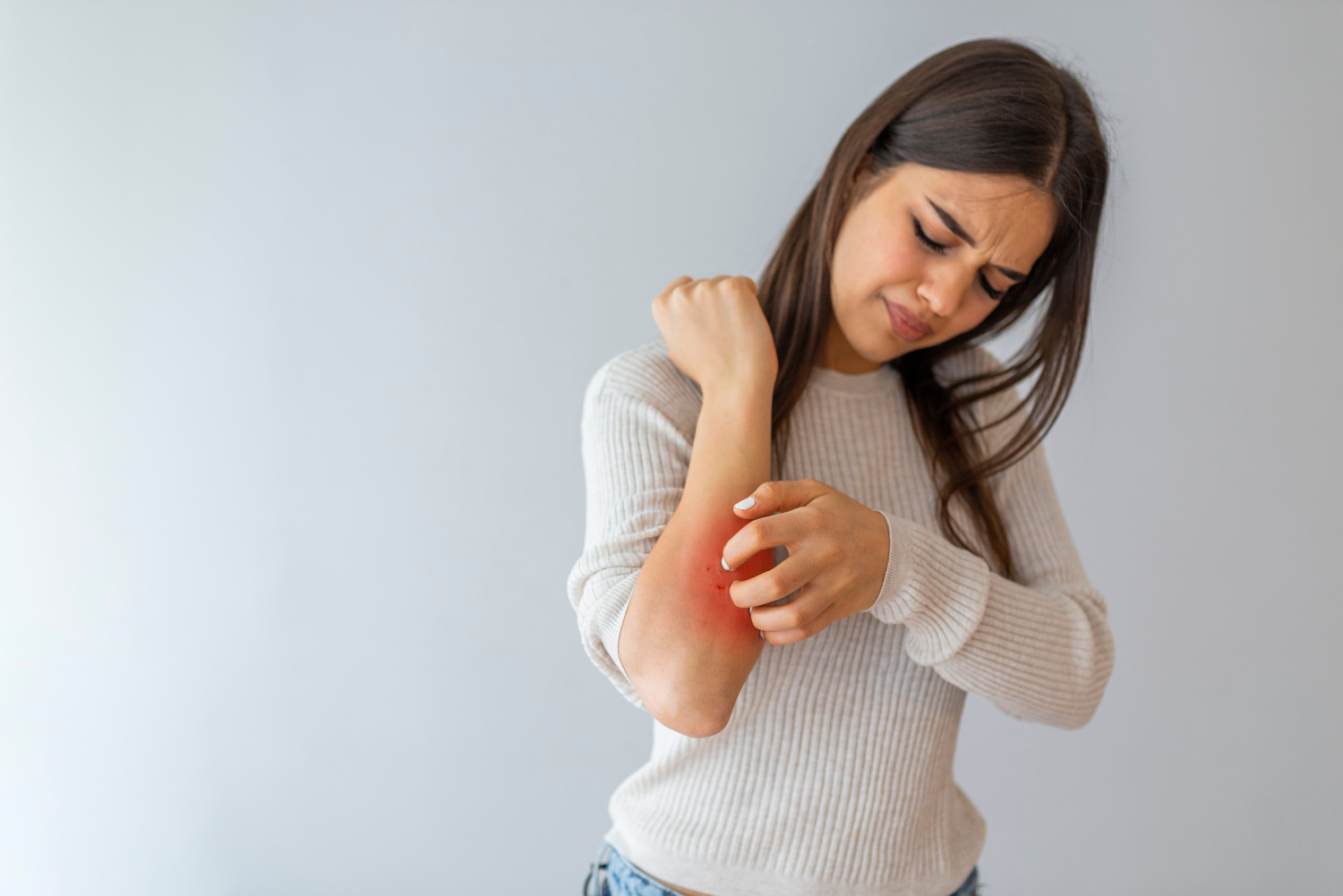
Treatment Medications and Foods to Avoid With Psoriasis
Psoriasis is a chronic inflammatory skin condition that is characterized by red, scaly patches on the skin. The most common symptoms of psoriasis include itching, burning, and pain. Psoriasis can be a very frustrating condition to deal with, as there is no cure currently available. However, there are a number of treatments that can help to alleviate the symptoms and keep the condition under control. These include topical treatments, phototherapy, and oral medications, such as:
- Apremilast Otezla, which is a common oral medication prescribed for psoriasis, as well as,
- Self injectable medications for psoriasis include Etanercept Enbrel, Infliximab Remicade, Adalimumab Humira, Certolizumab Cimzia, Ixekizumab Taltz, Stelara, Secukinumab Cosentyx, Guselkumab Tremfya, Tildrakizumab Ilumya and Ustekinumab which are medications given by subcutaneous injection to help reduce psoriasis flare ups as well as the severity of symptoms.
Please consult your physician to find out what would be the best method of treatment for your individual psoriasis case. In addition to medications and skin therapies, healthcare professionals often suggest certain foods to avoid, which may exacerbate psoriasis symptoms, such as:
1. Wheat and rye
Wheat and rye contain gluten, which can trigger psoriasis flare-ups in some patients. If you have celiac disease or are sensitive to gluten, you may want to avoid these grains. They also contain fermentable oligosaccharides, disaccharides, monosaccharides, and polyols (FODMAPs), which can cause digestive problems in some people.
2. Tomatoes
Tomatoes are a nightshade vegetable, and some people with psoriasis find that nightshade vegetables can trigger their symptoms. Nightshade veggies contain alkaloids that can lead to inflammation. If you’re sensitive to nightshades, you may want to avoid them.
3. Eggplant
Like tomatoes, eggplant is a nightshade vegetable. It contains alkaloids that can lead to inflammation. If you’re sensitive to nightshades, you may want to avoid this veggie or eat it only in moderation.
4. Red meat
Red meat is a common trigger food for patients with psoriasis. It contains arachidonic acid, which can promote inflammation. If you have psoriasis, you may want to limit your intake of red meats like beef, game meat, and pork.
5. Alcohol
Alcohol is a common trigger for psoriasis flare-ups. It can promote inflammation and interfere with the absorption of medications used to treat psoriasis. If you have psoriasis, you may want to avoid alcoholic substances altogether, or drink them only in moderation.
6. Caffeine
Caffeine is a stimulant that can cause anxiety and restlessness. It can also interfere with the absorption of some medications used to treat psoriasis.
If you’re living with psoriasis, it’s important to be mindful of the foods you eat. Some foods can aggravate your symptoms while others may help improve them. Avoid processed foods and sugary drinks, and try incorporating more fresh fruits, vegetables, and lean protein into your diet. If you’re taking medication for psoriasis, please check with your doctor before making any dietary changes.


